Security cameras can provide a sense of security, especially in high crime areas, while some people argue that security cameras are a form of surveillance that can be used to invade people's privacy.
As their prevalence increases, a critical question arises: do these devices infringe on personal privacy?
Yes
For individuals who are uncomfortable with the idea of being monitored, home security cameras may be perceived as invasive. Nevertheless, many people find the reassurance of having their property under surveillance to be a valuable trade-off, as it enhances their overall sense of safety.
Here are a few things to consider if you're on the fence about whether or not to get a home security camera:
- Do you live in a high-crime area? You need to check if you have bad neighbors. If so, a home security camera can be a valuable tool in deterring criminals and helping to keep your family safe.
- Are you worried about leaving your children home alone? A home security camera can give you peace of mind by allowing you to check in on them throughout the day.
- Do you often have packages delivered to your home? A home security camera can help deter package thieves and ensure your deliveries arrive safely.
- Do the security camera storage footage on cloud? You need to figure out the cloud storage.
Overall, the decision of whether or not to get a home security camera is up to you. Weigh the pros and cons and decide what's best for your situation.
You can know more about: laws and restrictions in the US for security camera.

No
The growing popularity of home security cameras has led to concerns about potential privacy violations. Assessing whether these devices invade privacy is not a straightforward process, as several factors come into play: the camera's location, its intended use, and who has access to the footage.
For instance, a security camera capturing footage of your living room or bedroom might raise privacy concerns. Conversely, cameras monitoring public spaces, like your front porch or driveway, may not be viewed as invasive.
Additionally, the purpose of the recorded footage is crucial to consider. While using the footage for personal security monitoring may not be problematic, sharing the footage with third parties or for commercial purposes might lead to privacy issues.
If you are using it to monitor activity in and around your home, you are less likely to be concerned about privacy issues. However, if you are sharing the footage with others or using it for commercial purposes, then you may want to reconsider whether or not having a security camera is an invasion of privacy.
The decision of whether or not to install home security cameras is a personal one. So you have to consider carefully.
It depends
The answer to whether home security cameras invade privacy depends on one's personal definition of privacy invasion. If you deem the presence of visible cameras within your home as invasive, then home security cameras are indeed an invasion of privacy. However, if this does not bother you, the answer is no.
Some argue that the constant recording by home security cameras constitutes a privacy invasion. Nevertheless, most cameras only record when activated by motion or sound, meaning they are not continuously recording and only capture footage when triggered.
Another concern is that security cameras can be used to spy on individuals. This is only accurate if the camera operator records without the knowledge or consent of the subjects. Utilizing a home security camera to spy on family or friends without their permission is an invasion of privacy. However, if the camera is employed for its intended purpose – securing your home – it does not infringe on privacy.

How to make sure your home security system is secure?
Home security cameras serve as a crucial component in a comprehensive security system designed to safeguard your residence. Ensuring the security of the system itself is imperative before embarking on the installation of home security cameras.
To optimize your security camera system, consider these essential tips:
-
Strategically Select Camera Placement: The efficacy of your home security cameras depends significantly on their location. Choose positions that minimize the risk of tampering or damage, thus maximizing the coverage and deterring potential intruders.
-
Enlist Expert Assistance: If you lack confidence in your ability to properly install home security cameras, it is advisable to seek the guidance of a professional. By doing so, you can guarantee that the cameras are accurately and securely installed, bolstering the overall effectiveness of the system.
-
Conduct Routine System Evaluations: Following the installation of your home security cameras, it is paramount to consistently assess the functionality of your system. Regular testing enables you to identify and address any issues promptly, ensuring optimal performance and maintaining a secure home environment.
Types of home security cameras
There are two main types of home security cameras: indoor and outdoor. Indoor cameras are typically small and can be hidden in plenty of places, like on a bookshelf or in a corner. Outdoor cameras are more extensive and usually require professional installation.
After you know how the home security camera works, you'll be able to dispel your doubts.

Home security cameras: how do they work?
To comprehend the intricacies of home security cameras, it is essential to initially recognize their nature and purpose. Home security cameras are devices installed in residential or commercial properties to observe and document activities occurring within or around the premises. These gadgets can be either wired or wireless, often boasting features such as night vision, motion detection, and remote viewing capabilities.
The most rudimentary form of a home security camera is the standalone variant, which entails a camera connected to a power source, capturing footage onto a local storage device like a digital video recorder (DVR). More advanced cameras may provide additional functionalities such as cloud storage, real-time streaming, and two-way audio communication.
Regarding the utilization of home security cameras, there are several methods to deploy them effectively. The predominant approach is incorporating them into a surveillance system, wherein the cameras are overseen by an individual responsible for the property. Alternatively, these cameras can be configured to send notifications to your mobile device or email address when motion is detected, enabling remote monitoring even when you are away from home.

Conclusion
Undeniably, home security cameras offer numerous advantages. Nonetheless, it is crucial to acknowledge potential privacy concerns that may arise. Prior to installing security cameras in your residence, diligently assess the pros and cons to determine if such devices are the appropriate solution for your needs.
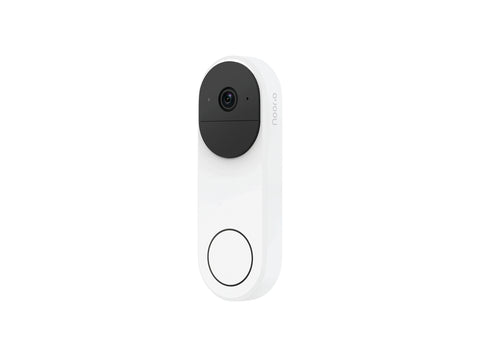
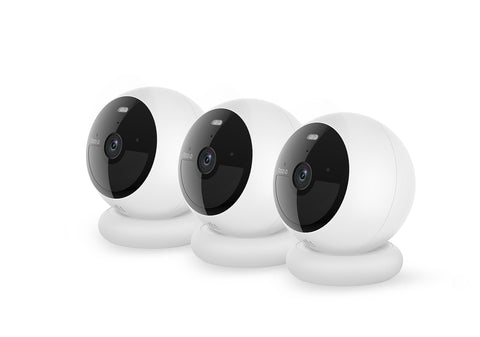
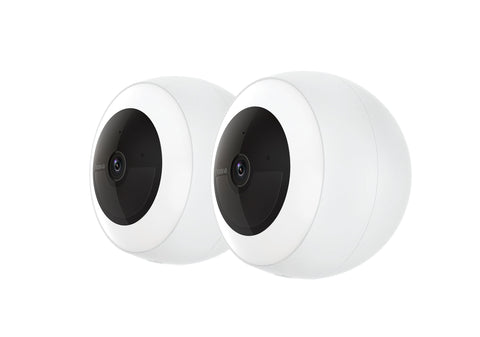
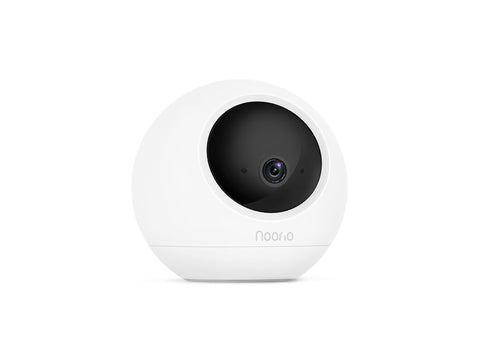
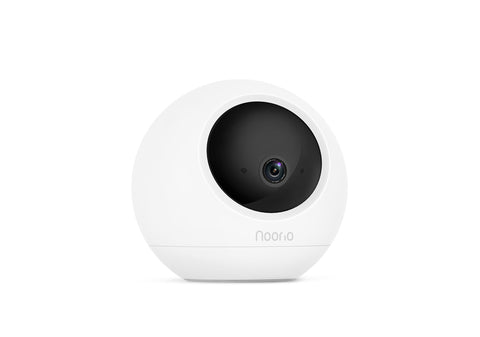
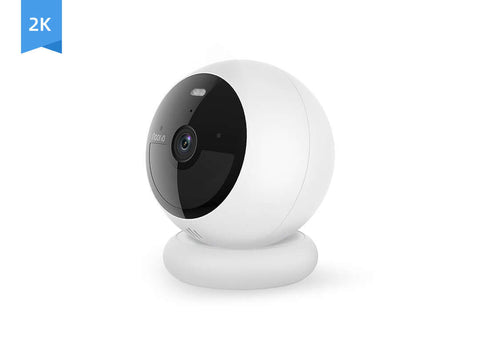






3 comments
Hi Darby!
In the United States, the legality of your neighbor pointing a security camera at your property largely depends on state law and the purpose of the camera. Generally, neighbors are allowed to have security cameras that capture images of your property, especially if the areas recorded are visible from public spaces like streets or sidewalks. This means if a camera captures your front door, driveway, or yard, you typically cannot press charges against your neighbor, as these areas usually don’t have an expectation of privacy.
However, there are important exceptions. Your neighbor’s camera should not infringe upon areas where you have a reasonable expectation of privacy, such as bathrooms, bedrooms, or other private spaces within your home. If a camera is positioned in such a way that it could capture activities in these private areas, this could be considered a violation of privacy laws.
Additionally, audio recording laws come into play. Federal law in the United States typically requires the consent of at least one party involved in a conversation to legally record it. This means that if your neighbor’s camera also records audio, and it captures conversations from your property, you would generally need to provide consent for this audio recording.
If you believe your privacy is being violated by your neighbor’s security camera, it’s advisable to first discuss the matter with them. If this doesn’t resolve the issue, contacting local law enforcement or consulting with an attorney may be necessary. Remember, specific laws can vary by state and locality, so it’s crucial to be aware of the regulations that apply in your area.
My parents live on an Almshouse complex ,a neighbour has a security camera pointing directly at there house.
Is this permitted in local authority law.
Hi! I just wish to give you a huge thumbs up for the
great information you have here on this post. I will be returning to your site for more soon.
Try Before you Buy 2021